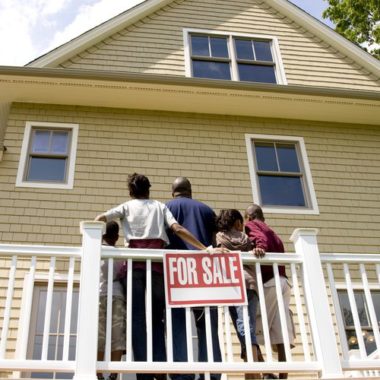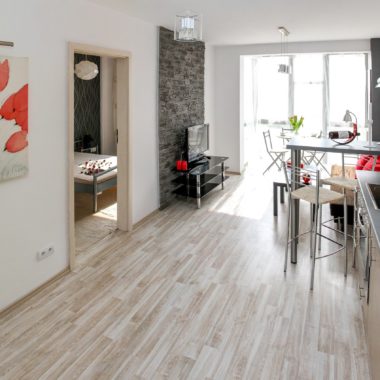FIND INCREDIBLE REAL ESTATE DEALS. EASILY.
Six simple tips to find better real estate, whether you’re looking for a property for your business, a home for your family, or getting into real estate investing. But remember, everything must begin with a great deal!
1.Foreclosed property deals What is foreclosure property – you may ask? Put simply, when an owner is unable to keep up with mortgage payments over a period of time, the bank (or lender) will ultimately repossess the home and if it occupied, the people living in it will be legally evicted. Once the home is empty, the lender will use the services of a local real estate to list it and sell it. Often at largely discounted prices. Banks, mortgage firms and other lenders are often quick to offer large discounts just to get the liability off their books. Buyers can negotiate further discounts if they are willing to rehab the home, depending on the quantity and value of repairs needed. Talk to the local real estate agents about the foreclosures in your area and start checking them out. Foreclosure properties make for some of the best deals, and often with a fat profit to make.
Also read: http://www.premierhomes4you.com/blog/invest-and-profit-in-foreclosure-property/
2. Pre-foreclosure deals So, you can get a great deal on foreclosed properties, but there is money to be made even with Pre-foreclosures. In the real estate business, it is possible to buy a home before the foreclosure is finalized and the homeowner is evicted. Buying a property during this period known as “pre-foreclosure”. It is a common enough practice employed by many real estate investors and can be a good way to find motivated homeowners. Consider this – few things in life are more motivating for a homeowner than knowing they may likely be physically removed from their home.
3. Need for speed In real estate, quite often, it’s not the highest offer for a property that gets accepted, it’s simply the first offer. This may sound contrary to what you would expect, but if you are looking for a great deal, you may need to move quickly Get pre-approval from your bank. With a pre-approval you will have access to put up the funds quickly if a deal presents itself. In some areas, a single house for sale might get a dozen or more offers in the first several days. If you spot a deal that checks out, make an offer the same day if possible. Remember, you are not the only one searching out great deals!
4. Contact potential home-sellers direct If you have the gift of the gab and are good at making genuinely convincing sales pitches, forget the multiple listing service and contact owners directly, asking them to consider selling their home. There is a chance a good percentage of potential home-sellers will entertain that option. Strike up a win; win deal before they list the home with a real estate agent, and there is better returns all around.
5. Target the fence-sitters Fence-sitters, or people who are simply un-decided about what they want to do with their current real estate are one of the best kinds of people to target. They could be absentee owners (someone who owns a property but doesn’t live there for one reason or another. Or they could be landlords, who are have not got any concrete plans for a property. Or even owners who may have inherited a property, and unsure of how to proceed. Use online public records to look up owners of properties. Or even consider using an aggregator like ListSource.com
6. Follow the golden rule Remember the golden rule: You make your money when you buy. Whether you are looking to buy an investment property, purchase a home for yourself or buy real estate for other reasons, you must find a great real estate deals. And finding good deals is largely a “numbers game”.
Real estate deals follow a typical sales funnel. As they make their way down the funnel, the numerous leads that came in get filtered out, leaving just a handful of qualified and solid leads at the bottom. For example, your funnel might look like this:
- Raw leads – 300
- Leads remaining after fitting primary criteria (location, budget) – 150
- Leads remaining after secondary criteria – 50
- Leads remaining after viewing and analysis – 20
- Offers made – 10
- Offers rejected 9
- Deals secured – 1
Notice that, in the above funnel, only one property deal was made out of the 300 raw leads that came in. So, if you are targeting more deals at the bottom, you need to improve each aspect of your funnel, starting with the quality and number of leads at the top.
Follow these six simple tips to find better real estate and start finding incredible deals today!












